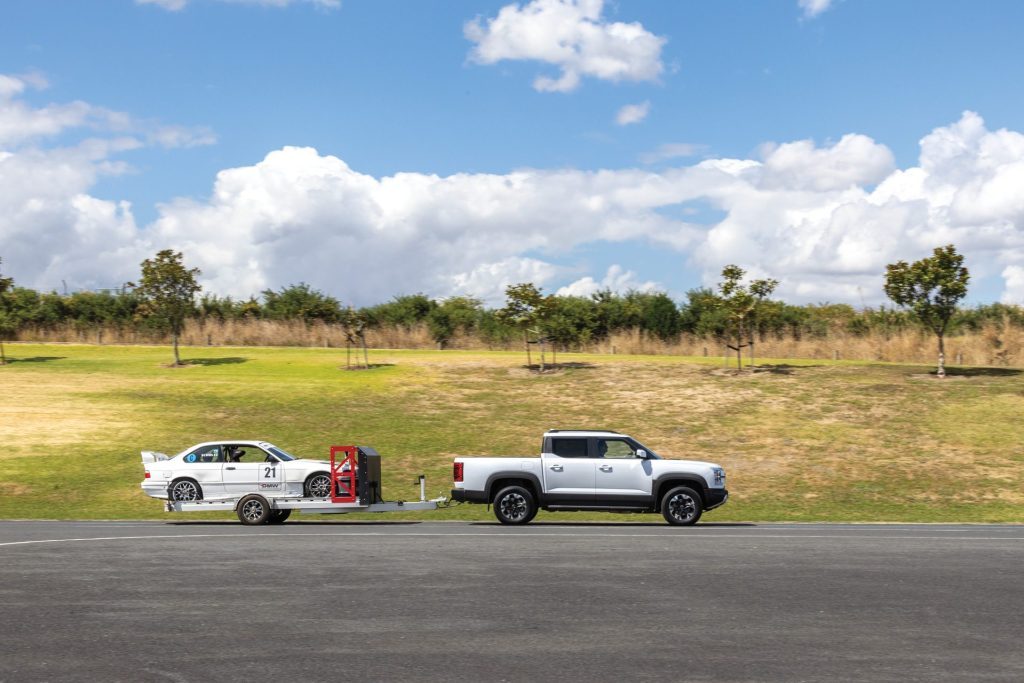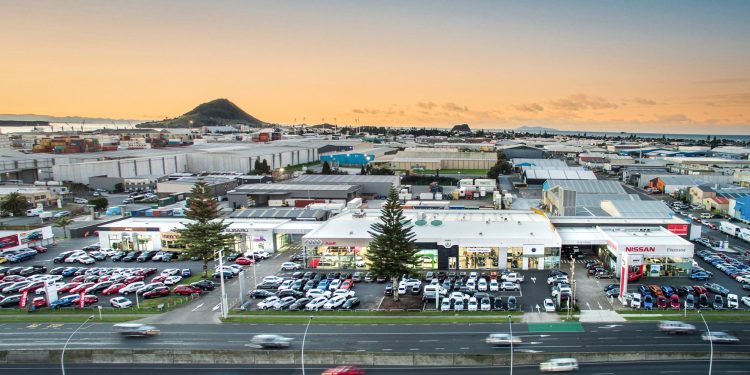Budget 2025: New tax break should boost vehicle investment
Words/Images NZ Autocar
A major new tax incentive announced in Budget 2025 should spur business investment in productive assets by offering tax relief on new purchases. That includes a vehicle for a small business or a fleet of vehicles for a larger firm.

The so-called Investment Boost allows businesses to deduct 20 per cent of the cost of new assets from their taxable income in the year of purchase. That’s atop standard depreciation deductions.
The scheme applies to vehicles, machinery, tools, equipment, technology, and commercial buildings. Land, residential property, and second-hand assets already in use are excluded.
There is no upper cap on investment, so small firms buying one vehicle or those buying a fleet are equally eligible.

As any example, a company purchasing a new BYD Shark 6 plug-in hybrid ute for $69,990 (including GST) would be able to claim a deduction of $12,173 in the year of purchase. That’s a tax saving of approximately $3408 at the standard corporate tax rate of 28 per cent.
Warren Willmot, Country Manager of BYD New Zealand, says the move makes smart business sense for fleet operators looking to modernise.

“Today’s announcement by the New Zealand government of a 20 per cent tax write-off for business vehicles is a fantastic initiative. It will accelerate the adoption of cleaner, safer, and more efficient transport across the country.”
“For businesses, this policy makes the shift to cutting-edge electric vehicles even more compelling. It delivers immediate financial benefits while supporting long-term sustainability goals.
“Beyond the corporate sector, this is a win for all New Zealanders. Fleet vehicles typically enter the used market within three to four years. That means more Kiwi drivers will soon have greater access to affordable, low-emission, and advanced-technology pre-owned EVs.”

The policy comes as the government seeks to reignite investment and productivity in the private sector. Unlike the Clean Car Discount Scheme which targeted low-emission vehicles, the Investment Boost offers support based on the asset’s contribution to productivity, regardless of its emissions profile.
Finance Minister Nicola Willis said the move was designed to drive future-focused investment and deliver stronger returns than a blanket tax cut.

“Investment Boost delivers more bang for buck than a company tax cut because it only applies to new investments, not those made in the past.”
Treasury and Inland Revenue estimate the policy will lift GDP by 1 per cent, and increase wages by 1.5 per cent. They calculate it will grow the country’s capital stock by 1.6 per cent over the next 20 years. About one-half of that impact is expected in the first five years.
The policy is will be welcome news for businesses considering vehicle upgrades. For many operators, the immediate deduction could help improve cash flow and support investment in newer, more efficient models.





